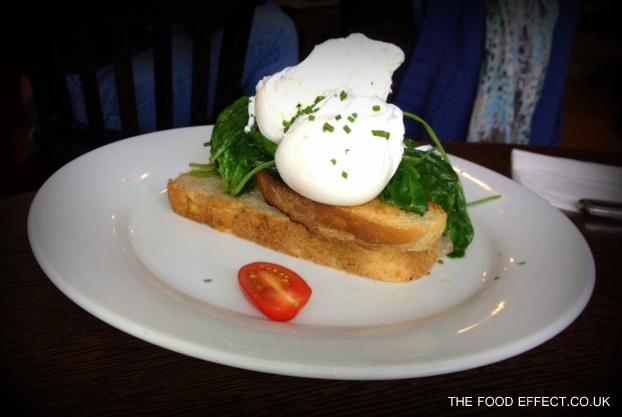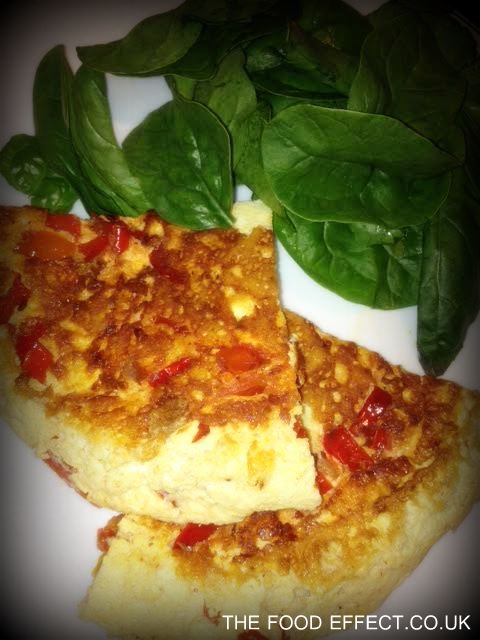Eggs… The Whole Truth
When it comes to nutritious, “weight-friendly” foods, the perfect protein-laden egg, is by far the most versatile and convenient. Despite this however, there still seems to be a lot of confusion and dietary “myths” surrounding their consumption – from the worry about eating eggs every day, to the common misconception that the yolks are “bad for you” – this is certainly a topic I often get asked my opinion on! Sadly, too many people deprive themselves of this perfectly packaged super-food, so I thought it was time to share my thoughts (and the facts!) on one of my all-time favourites…
The “egg debate” has been around for quite some time. Eggs used to be taboo because of their high cholesterol content – scientists had evidence that dietary cholesterol increased blood cholesterol, thereby increasing the risk of heart disease. But recent research has shown it’s not quite as simple as that! Virtually all medical and nutritional consensuses now agree that eggs are ABSOLUTELY FINE to have regularly (as with all things … in moderation!). In fact, a study in the Journal of the American College of Nutrition showed that people who ate eggs took in more essential nutrients (folate, Vitamins A, E and B12) than those on an egg-free diet!
Firstly, cholesterol is an essential component of the body’s cells and your body needs it to function. In fact, even if you don’t consume any dietary cholesterol, your body will produce it anyway for essential bodily functions. Additionally, the research that initially linked eggs and heart disease, has been shown to have many flaws, raising questions about the validity of the now outdated conclusion. One study by the University of Connecticut found that the human body handles the cholesterol from eggs in a way that is least likely to harm the heart. Saturated and trans fats are much greater dietary offenders when it comes to blood cholesterol! One whole egg (yolk included!) contains only 1.5g of saturated fat and NO trans-fat. All the latest medical research shows that the cholesterol in the yolks is actually the good essential kind, not the bad kind that is responsible for raised levels; there are therefore, actually much more beneficial health properties in eating than avoiding them!
Eggs, as previously mentioned, are also a great source of protein, low in fat and carbs (virtually none!) and a fantastic source of folate, iron, zinc, selenium, Vitamin D, B Vitamins, choline and lutein. Choline helps ensure proper functioning of the brain and combats inflammation, and lutein is a carotenoid that is good for your eyes. B Vitamins make eggs a good food for your hair and nails and Vitamin D boosts immunity, facilitates the absorption of calcium and phosphorus and keeps your bones, teeth and muscles strong. Aside from the protein, all this nutritional goodness is packed into the yolk. In fact, the protein in egg whites is not as nutritious without the yolks (which themselves contain ~3 grams of hunger-busting protein). When eaten on their own, egg-whites also aren’t as satiating. The yolks balance out the amino acid profile, making the protein in the egg whites more easily absorbed by our bodies. Abandon the yolk and you’re likely to feel less satisfied, which can cause you to eat more later on. Egg yolks are also home to tons of essential but hard-to-get nutrients and antioxidants that have been shown to help prevent macular degeneration and cataracts. So to reap all the benefits, forget the “egg white only” order and start eating and enjoying the whole egg!
That being said, the majority of calories ARE in the yolk, so if you’re watching your weight, I would advise you to stick to a maximum of one whole egg (plus however many whites) per day (if you’re having eggs every day)… so if you’re making yourself scrambled eggs/ an omelette/ egg mayonnaise, use one whole egg + two or three whites. If you only eat eggs a few times a week, two whole eggs at a time would be fine!
If you’re looking to satisfy your hunger while packing in some good nutrition, eating eggs will definitely do the job! Enjoy them poached, scrambled, hard-boiled or served as an omelette any time of the day. Boiled eggs make a perfect high protein snack, and if you’re looking for a quick and easy meal, grab a couple of eggs, mix them up, throw them into a pan, add some nutritious veggies – like onions, peppers and tomatoes – and you’re done! I’d recommend pairing this with a fresh green salad and some whole-grain crackers or piece of toast, for a perfectly balanced and filling meal.
In short, eggs are super healthy! They are a wholesome, natural and inexpensive source of nutrients, and fabulously easy and fast to prepare. So, next time you’re out for breakfast (or lunch or brunch!) you can enjoy your eggs without the guilt! Rather eggs-cellent I’d say! 🙂
Leave a Response
You must be logged in to post a comment.






